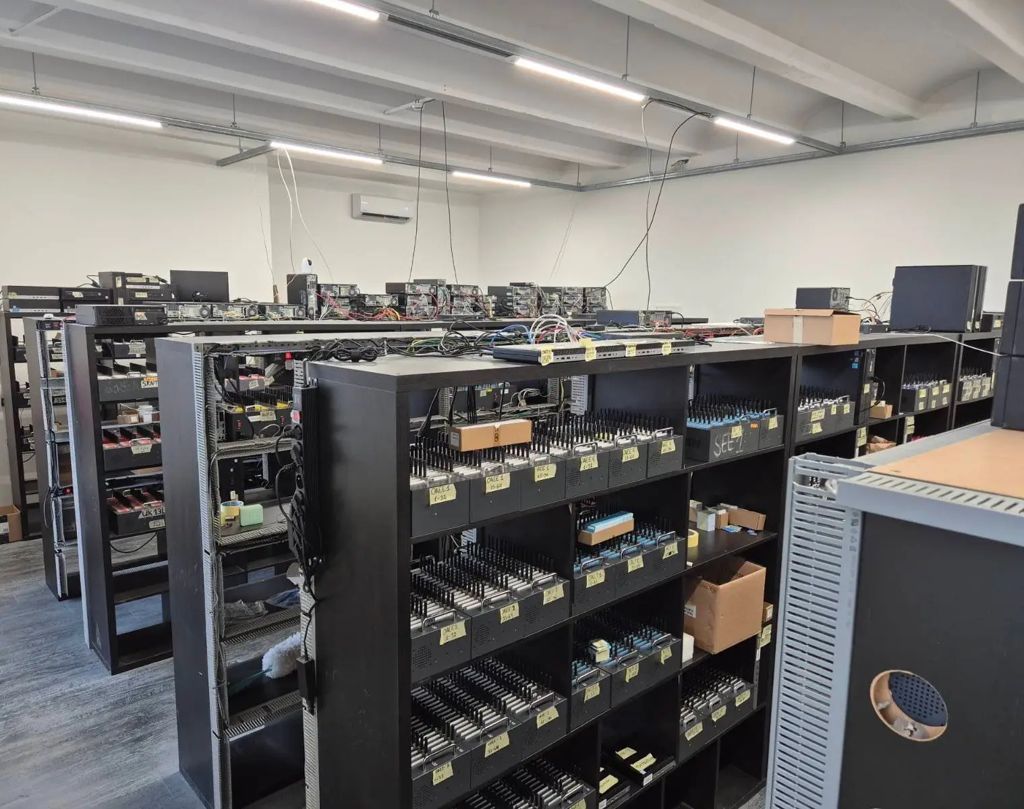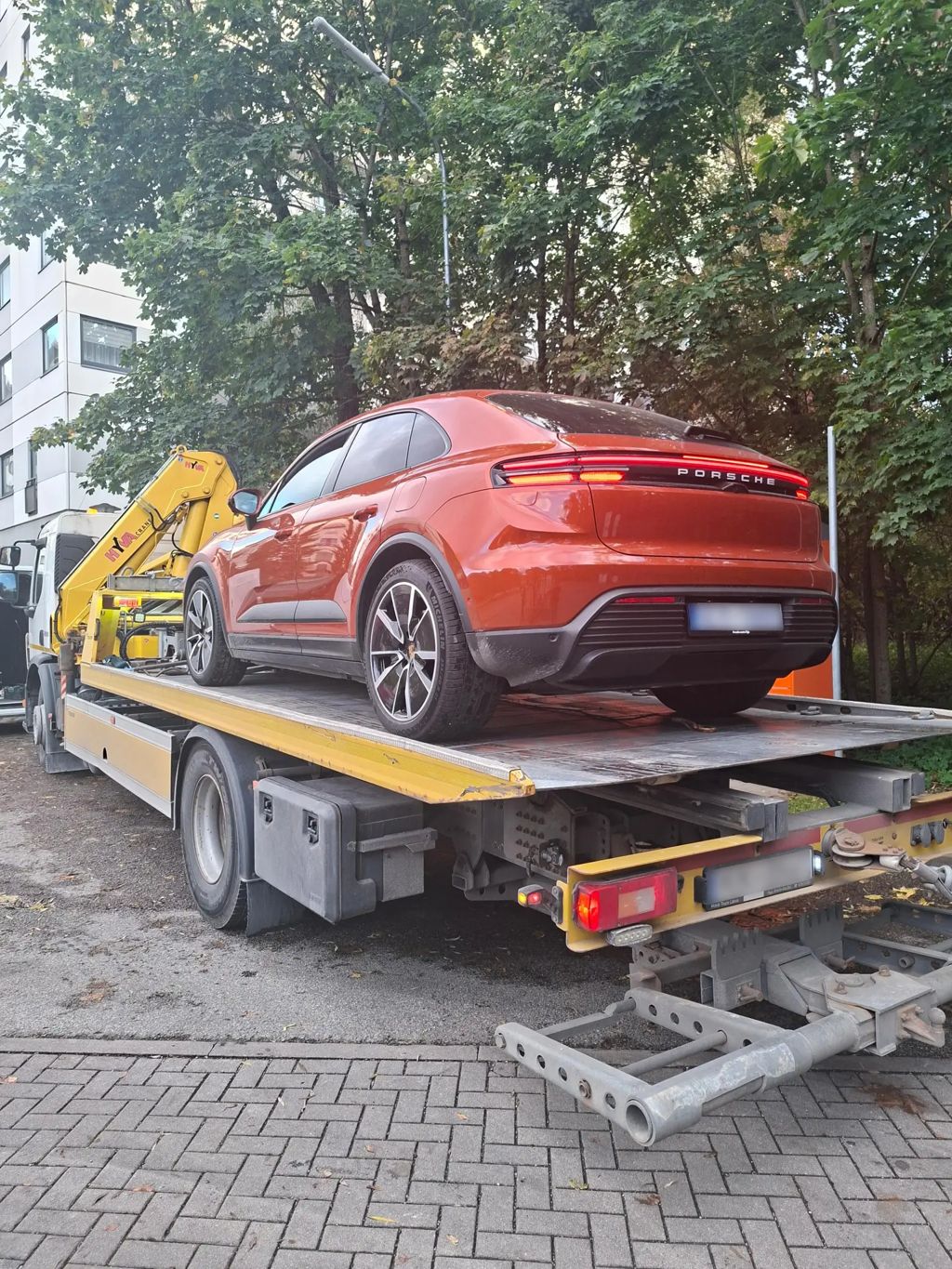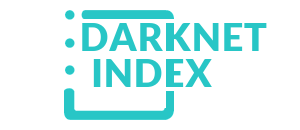The darknet, also known as the dark web, is a concealed section of the internet that's inaccessible via standard search engines. You can only access it using special software, settings, or authorization. This area comprises websites and content that are purposely kept hidden from public view.
Accessing darknet requires using Tor Browser, a special web browser that routes your internet traffic through a global network of relays managed by volunteers. This way, it becomes very difficult to trace which websites you're visiting, and these sites won't know where you are located.
When visiting the dark web, use a secure browser like Tor, do not reveal any of your personal information, and don't open suspicious files or links to stay safe.
The Darknet is often utilized for secure communication, discreet information or file sharing, anonymous research without identity exposure, and occasionally for engaging in illicit activities. It is also recognized for hosting underground black markets(darknet markets), whistleblowing platforms, and discussion boards that champion freedom of speech.
While accessing Darknet Markets themselves is typically not against the law in most places, engaging with illicit goods within them is generally considered a crime. On the other hand, some people might visit Darknet Markets for lawful purposes such as research, journalistic work, or simply to explore online communities. It's essential to know the local laws regarding online activities, and be cautious when using these platforms to avoid any potential issues.
Seven Arrested by Europol In Connection to $5.8 Million In Fraud
Europol has dismantled a large cybercrime network that used mobile networks to carry out phishing attacks. These attacks targeted individuals for account theft, credential theft, and financial data theft. The group also ran investment scams and fake emergency schemes. Authorities linked the group to over 3,200 fraud cases with financial losses of around $5.3 million in Austria and $490,000 in Latvia.
The operation named "SIMCARTEL" led to the arrest of seven people and the seizure of 1,200 SIM box devices. These devices contained 40,000 active SIM cards that were used to carry out cyber crimes over telecom networks. According to officials the infrastructure was highly sophisticated and well run, allowing criminals to create fake accounts on social media and communication platforms.

The action took place on October 10 in Latvia, where authorities carried out 26 searches. During the operation, they seized hundreds of thousands of additional SIM cards, five servers, two websites, four luxury vehicles and $833,000 in bank and crypto addresses linked to the suspects.

The operation focused on two main websites, "GoGetSMS" and "APISIM" which provided temporary phone numbers from over 80 countries. These services helped criminals get around online verification steps, like SMS-based two-factor authentication (2FA). This made it easy for them to bypass phone verification systems used by banks, exchanges, and social media platforms, allowing them to quickly create fake accounts which would be used for things like phishing, smishing (SMS phishing), money laundering, extortion and crypto fraud.
Europol is still investigating the full scope of the cybercrime operation, but they have already traced the network to more than 49 million accounts created and used by the criminals. The services provided by the group were allegedly also used in extortion, migrant smuggling, and scams related to second-hand marketplaces, fake shops, and fake investment schemes.
This coordinated takedown highlights the growing global issue of SIM farms, which are large networks of SIM cards used to carry out and sell services for scams and various criminal activities through mobile network infrastructure. For example, last month, the U.S. Secret Service disrupted a network in New York City that involved more than 300 servers and 100,000 SIM cards across multiple sites in the region.
